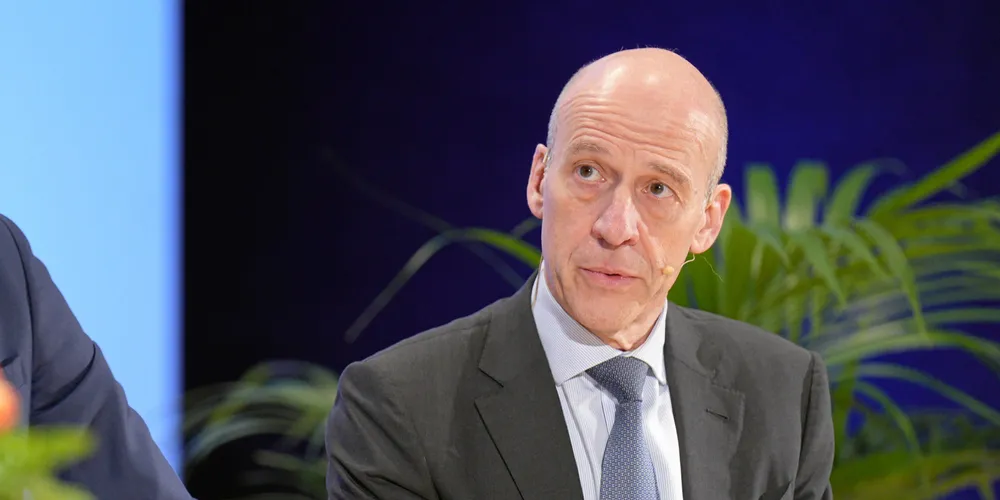Repsol green chief criticises Romania 'bid for grid' plan as country nears passing offshore wind law
Auctions are 'not always the right answer' and making developers bid for grid connection will push up energy prices, Repsol green chief warns

Auctions are 'not always the right answer' and making developers bid for grid connection will push up energy prices, Repsol green chief warns
